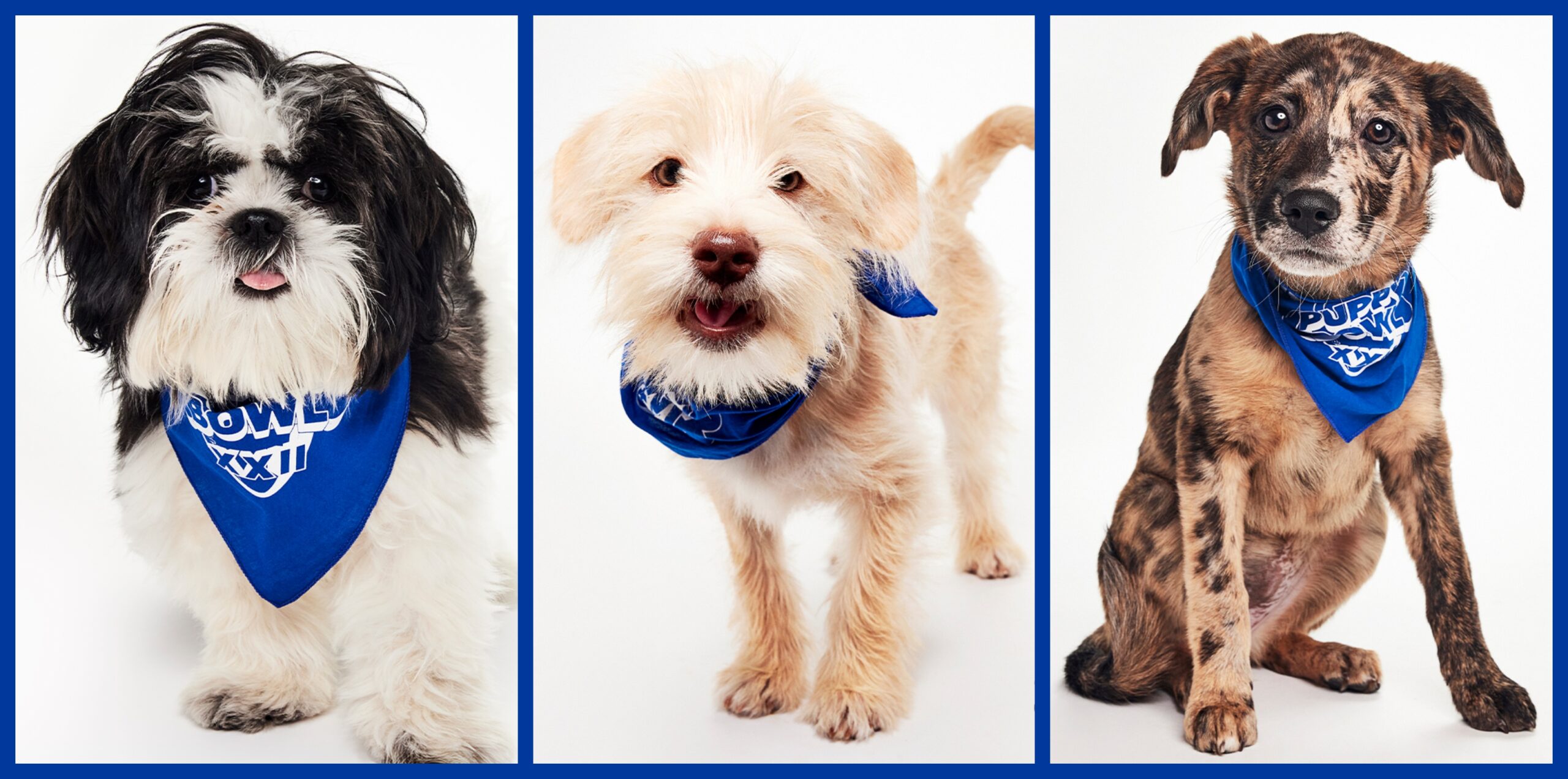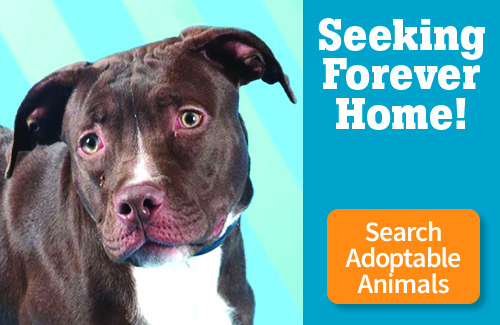Pet Safety Concerns Rise as Temperatures Fall
With cold weather on the way, the Animal Medical Center of Mid-America urges all pet owners to bring their pets inside and exercise the utmost caution when exposing pets to the cold. Pets rely on their owners to help keep them warm during cold weather. AMCMA’s General Rule:
If it’s too cold for you, it’s too cold for your pets!
BRING PETS INSIDE: Don’t leave pets outside in the cold for prolonged periods of time. Remember — thermometers might show one temperature, but wind chills can make it feel much colder. Limit time outdoors and be mindful of frostbite on ears, tail and paws. If you run with your dog, pay attention to cold paws and, if it gets too cold, leave your pup at home. Owned cats should always be kept indoors, as “outdoor” cats can often become victims of road traffic or wild animals and are susceptible to freezing or starving to death in severely cold weather.
ACCLIMATE PETS TO COLD WEATHER: If pets spend a lot of time outdoors, make sure to introduce them gradually to dropping temperatures, rather than exposing them to the extreme cold all at once.
PROVIDE ADEQUATE SHELTER: For outdoor dogs, owners should provide a well-insulated, draft-free, appropriately sized doghouse. The opening should face south with a sturdy, flexible covering to prevent icy winds from entering. Line the floors of the shelter with straw, not hay. Do not use towels or blankets, which can become damp or freeze.
BEWARE OF ANTIFREEZE AND ROCK SALT: Antifreeze often collects on driveways and roadways. Although it smells and tastes sweet to your pet, it is lethally poisonous. If pets have ingested antifreeze, contact your veterinarian immediately! De-icing products like rock salt can irritate footpads. Be sure to rinse and dry pets’ paws after being outside. Pet stores often carry pet-safe ice melts that do the job and won’t harm your pets.
DRY OFF WET PETS: A wet pet is a cold pet. Towel or blow-dry pets if they get wet from rain or snow. Also, it is important to clean and dry paws to prevent tiny cuts and cracked pads.
PROVIDE PLENTY OF FOOD AND WATER: It takes more energy in the winter to properly regulate body temperature, so pets may need additional calories when spending a lot of time playing or working outdoors. Pets are just as likely to get dehydrated in the winter as in the summer, so be sure to provide plenty of fresh water. Snow is not a substitute for water. Refill outside bowls often to prevent freezing.
CAREFULLY KEEP PETS WARM INSIDE: Keep pets warm, dry and away from drafts while inside. Space heaters and other supplemental heat sources can burn your pet. Keep portable heaters out of reach and make sure all fireplaces have adequate screening. And, of course, never leave pets alone with an unattended fire.
GROOM REGULARLY: Pets need a well-groomed coat to keep properly insulated. Short- or coarse-haired dogs might get extra cold so consider a sweater or a coat. Long-haired dogs should have their paw hair trimmed to ease in cleaning and snow removal.
To report an animal in distress, please call the Humane Society of Missouri’s Animal Cruelty Task Force at 314.647.4400.
Recent news





